
*Note: Name, Email and Phone Number are mandatory.

We all know the plastic problem isn’t going away. If anything, it’s growing more complex — politically, environmentally, and economically. Global brands are being pushed to close the loop. Regulators are tightening the screws. Consumers are calling out greenwashing faster than brands can repackage their pledges.
But here’s a quieter, less obvious truth:
Plastic waste is no longer just a pollution crisis. It’s a materials opportunity.
And Africa?
It might just be the most strategically underpriced region in the world to act on it.
Let’s break it down.
The global recycled plastics market is experiencing significant growth, with projections indicating a substantial increase in market size over the next decade. For instance, Fortune Business Insights reports that the market is expected to grow from $55.46 billion in 2024 to $107.13 billion by 2032, exhibiting a CAGR of 8.6% during the forecast period. This growth is driven by increasing demand for sustainable materials and the implementation of stricter environmental regulations worldwide.
Right now, the infrastructure required to sort, clean, and process plastic waste — especially to meet high-grade and food-grade standards — is heavily concentrated in Asia and parts of Europe. But even these regions are feeling the strain:
But demand isn’t the problem. Supply is.
The result? A global market chasing recycled resin — but unable to source it at the consistency, quality, or scale needed to meet sustainability targets and production timelines.
This widening gap presents a compelling opportunity. And Africa, with the right investment in circular systems and enabling infrastructure, is well-positioned to fill it — not as a secondary alternative, but as a new center of gravity for the recycled plastics economy.
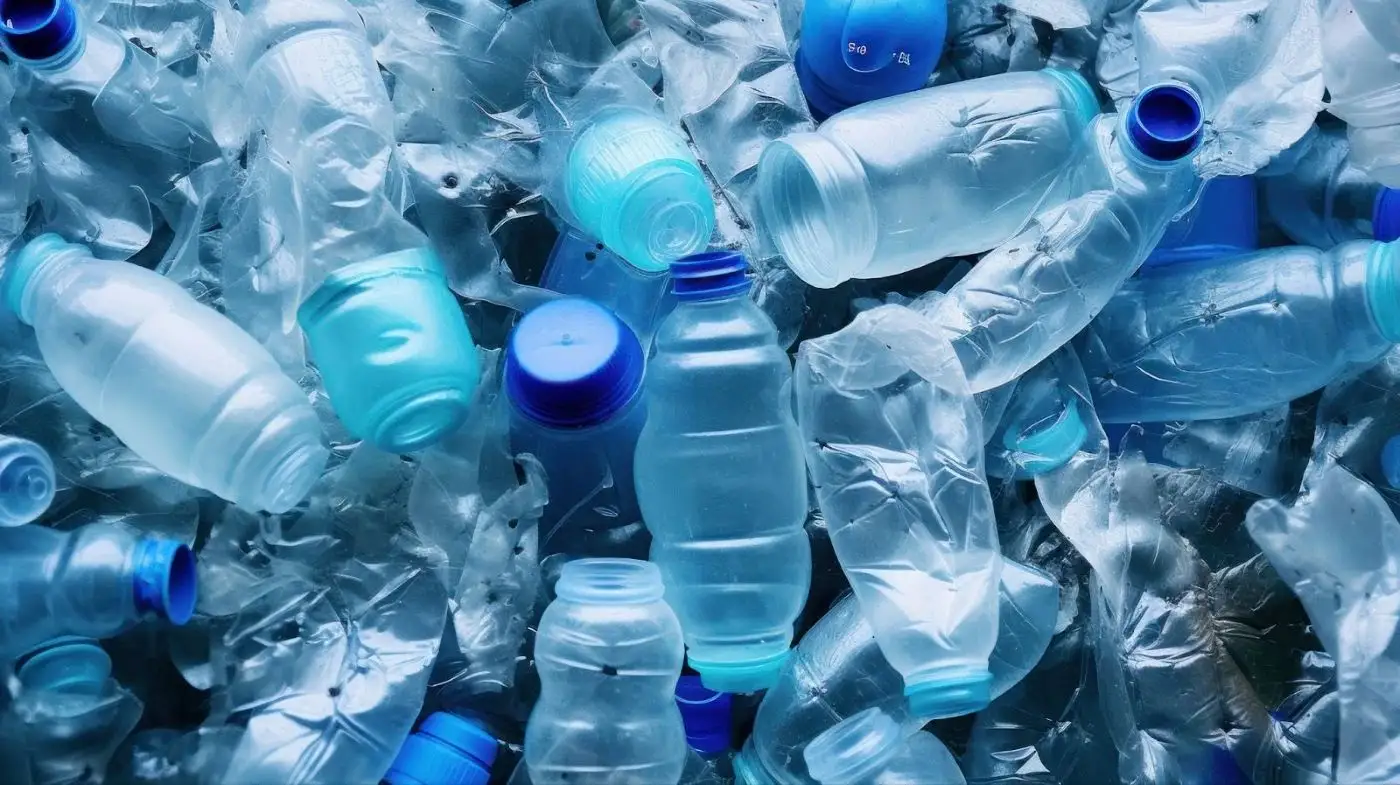
Every year, over 17 million tonnes of plastic waste are generated across the continent. But only about 4% of it gets recycled.
That’s not just a statistic. That’s a structural gap — one that investors can actually design for.
Let’s zoom in:
Translation:
The demand exists. The regulation is warming up. The collection ecosystems are forming. But what's missing is the processing muscle — scalable, efficient, export-ready infrastructure.
This is where investors come in.
Africa’s fast-growing consumer base is already driving plastic consumption in FMCG, fashion, pharma, and electronics. But with urbanisation rising and more regulations kicking in, local manufacturers will soon need more recycled content — not just want it.
A report by the West Africa Coastal Areas Management Program projects that by 2026, plastic consumption in key sectors is expected to reach 9.5 million tons, highlighting the increasing demand in FMCG, fashion, pharma, and electronics.
The World Wide Fund for Nature (WWF) emphasizes the economic potential of a circular plastics economy in Africa, noting that transitioning to such a model can drive sustainable growth and meet the rising demand for recycled materials.
And beyond the continent, global brands are increasingly sourcing recycled plastic from wherever they can get credible volumes.
Imagine this setup:
That’s arbitrage. That’s smart business. That’s circular economics with teeth.
Let’s zoom out. How does Africa stack up against the usual players — Southeast Asia, Latin America, Eastern Europe?
Labor & Land: Wages are up to 50% lower than Southeast Asia, and industrial land is significantly more affordable.
Raw Material Access: Plastic waste is domestically abundant. Import duties on virgin plastic are also rising — increasing the competitive edge for recyclers.
Policy Tailwinds: Countries like Rwanda, Ghana, and Kenya are implementing or strengthening bans on single-use plastics. More importantly, they’re incentivizing local recycling through tax breaks, fast-track licensing, and PPPs.
Strategic Trade Access: Africa's geography gives it rare access to both Atlantic and Indian Ocean trade routes. With ports like Lomé (Togo), Mombasa (Kenya), and Tema (Ghana) rapidly upgrading, the export leg of the recycling value chain is no longer a barrier — it's a lever.
And with the AfCFTA in place, a recycler set up in one country can serve 53 others with zero tariffs, tapping into a $3.4 trillion integrated market.
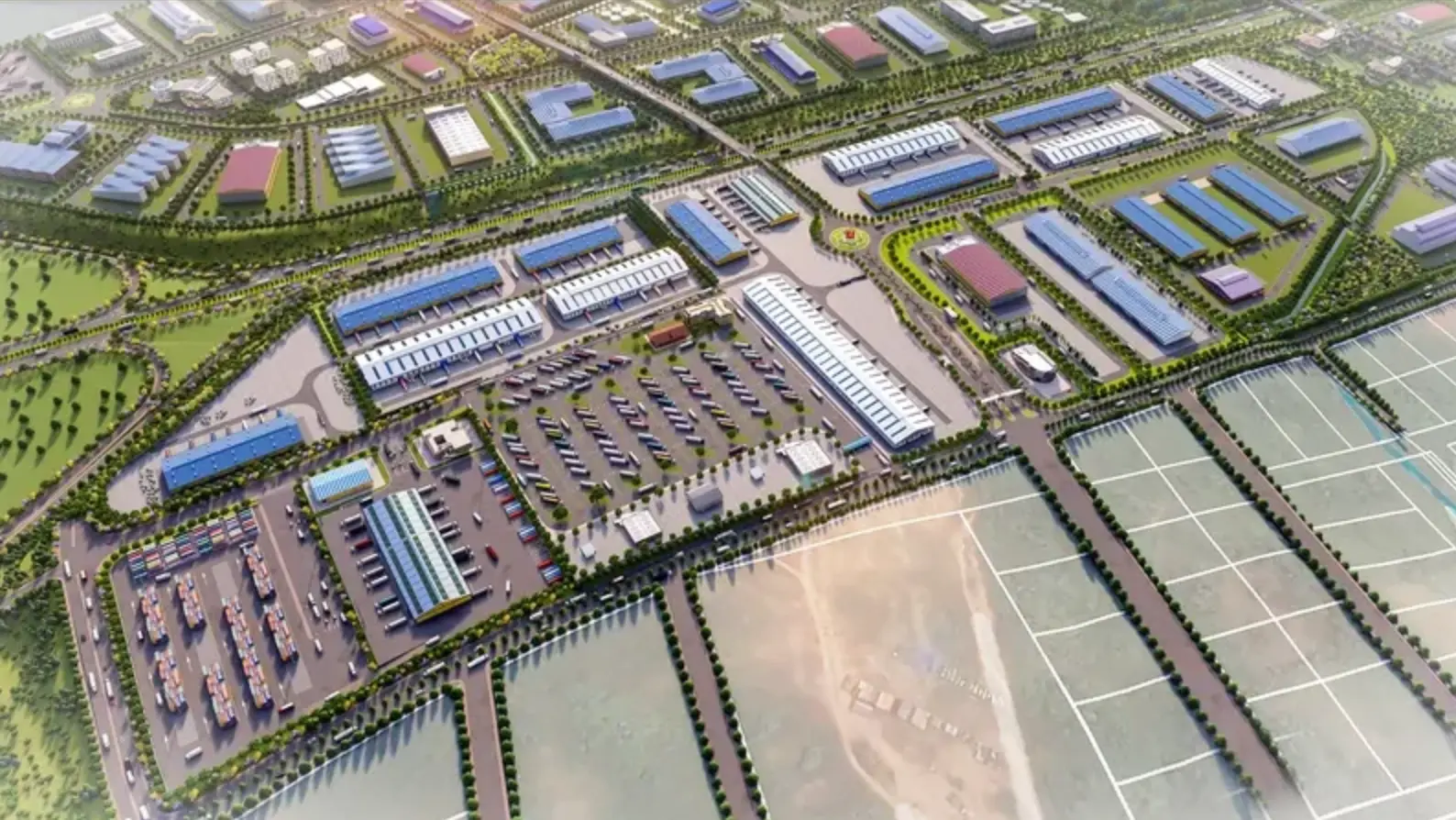
This is where industrial zones in Africa enters the frame — as an operational partner.
Arise IIP works hand-in-hand with governments to create industrial parks where the red tape is already handled, and the groundwork — literally — is already done. We're talking:
You're not walking into the wild — you're stepping into a purpose-built ecosystem, designed for exactly this kind of opportunity.
Plastic recycling is no longer just an environmental necessity — it's an emerging business opportunity with strong profit margins and global demand. Africa, with its growing focus on sustainability and available waste streams, offers investors the chance to set up recycling facilities that can convert post-consumer plastics into marketable, high-demand products.
Below is a breakdown of product categories and the business case behind manufacturing them in Africa:
| Category | Product Opportunities | Why Manufacture in Africa? |
|---|---|---|
| Recycled Plastic Pellets | HDPE, LDPE, PET, PP, and PVC regrinds or granules | These form the base material for various industries; strong local and global demand for recycled polymers in packaging, textiles, and automotive sectors |
| Construction Materials | Plastic bricks, paver tiles, roofing sheets, plastic lumber | Affordable and durable; ideal for housing needs in Africa and export to countries seeking sustainable building materials |
| Household & Utility Products | Buckets, bins, storage containers, laundry baskets, chairs | High-volume daily-use items for Africa’s growing middle class; recyclable variants are also in demand in eco-conscious markets globally |
| Agricultural Products | Drip irrigation pipes, nursery pots, seedling trays, mulch films | Huge demand in Africa’s agri-focused economies; global push for sustainable farming makes recycled plastic-based agri products highly marketable |
| Textile Raw Material | rPET flakes for polyester fiber production (used in clothing, bags, carpets) | Global apparel and textile brands increasingly sourcing rPET due to sustainability mandates; opportunity to export to Asia and Europe |
| Packaging Products | Recycled film rolls, containers, bottles, strapping bands | Eco-packaging is a booming sector globally; domestic consumption also rising due to FMCG, pharma, and agro-industries |
| Industrial Components |
♻️ Investor Insight: Plastic waste is both a challenge and an opportunity in Africa. With the right tech and partnerships, investors can create a circular economy model that generates returns while reducing environmental impact — and gain access to both domestic markets and global supply chains focused on sustainable sourcing.
Investing in plastic recycling in Africa goes beyond sustainability narratives. It’s about engaging with a material in strong global demand — within a region structurally poised to deliver it efficiently, with attractive margins and long-term potential.
The opportunity is tangible. Demand is accelerating. Incentives are increasingly aligned. The real question:
Will you be among the pioneers shaping the supply chain, or will you enter later — at a higher cost?
If you’re considering your next move, let’s discuss the right locations, partners, and trade routes. Because recycling in Africa isn’t simply about waste management.
It’s about redefining value.
1. Why is plastic recycling important for Africa’s future?
Plastic recycling reduces pollution, creates economic opportunities, and supports sustainable growth on the continent.
2. How much plastic waste does Africa produce and recycle?
Africa produces over 17 million tonnes of plastic waste annually, but only about 4% is recycled, highlighting a huge opportunity.
3. Which African countries are leading the way in plastic recycling policies?
Countries like Kenya, Ghana, and Rwanda are pioneering Extended Producer Responsibility (EPR) and bans on single-use plastics.
4. How does Africa compare to Asia and Latin America in plastic recycling?
Africa offers lower labor costs, abundant plastic waste, supportive policies, and strategic trade routes, making it a competitive hub.
5. What investment opportunities exist in Africa’s plastic recycling sector?
There’s strong potential in developing processing infrastructure, industrial parks, and supply chains to meet rising domestic and global demand.
#InvestInAfricaNow
Choose the best investment opportunities and set up your business in Africa's world class industrial zones today, securing a prominent position in the global market.
Get in touch with our Africa investment specialists or support team and expand your business in Africa today!
recommended topics
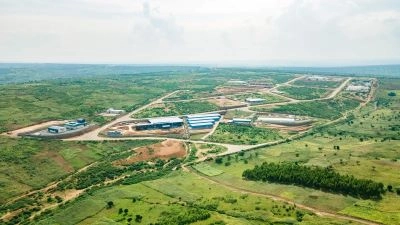
Discover prime locations across Africa for lucrative investment opportunities and strategic growth.
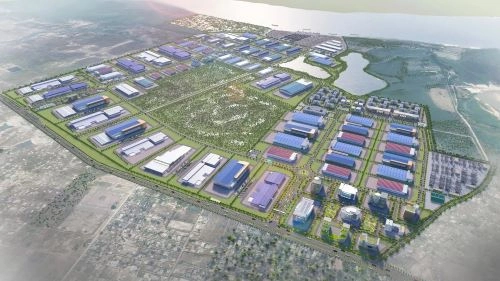
Explore key investment zones in Africa that offer strategic advantages and economic benefits.
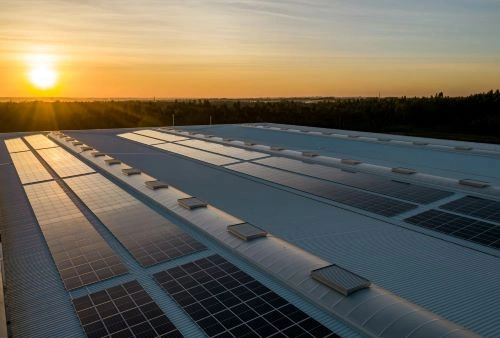
Uncover the best investment opportunities in Africa to maximize your business potential.
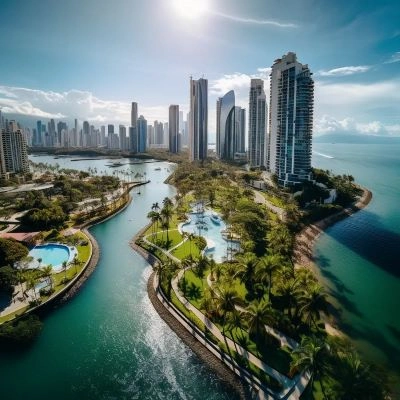
Identify the most promising sectors in Africa for high returns and sustainable investments.
Compare
Dear investor, please compare similar category items- either Locations or Opportunities.
*Already subscribed.
*Enter your name/email.

Sign up for exclusive investment alerts.
Already subscribed? Skip
Thank You For Subscribing to
Africa For Investors.

You will be redirected to AFI’s Linkedin Profile in 10 seconds.
Stay On AFI Website